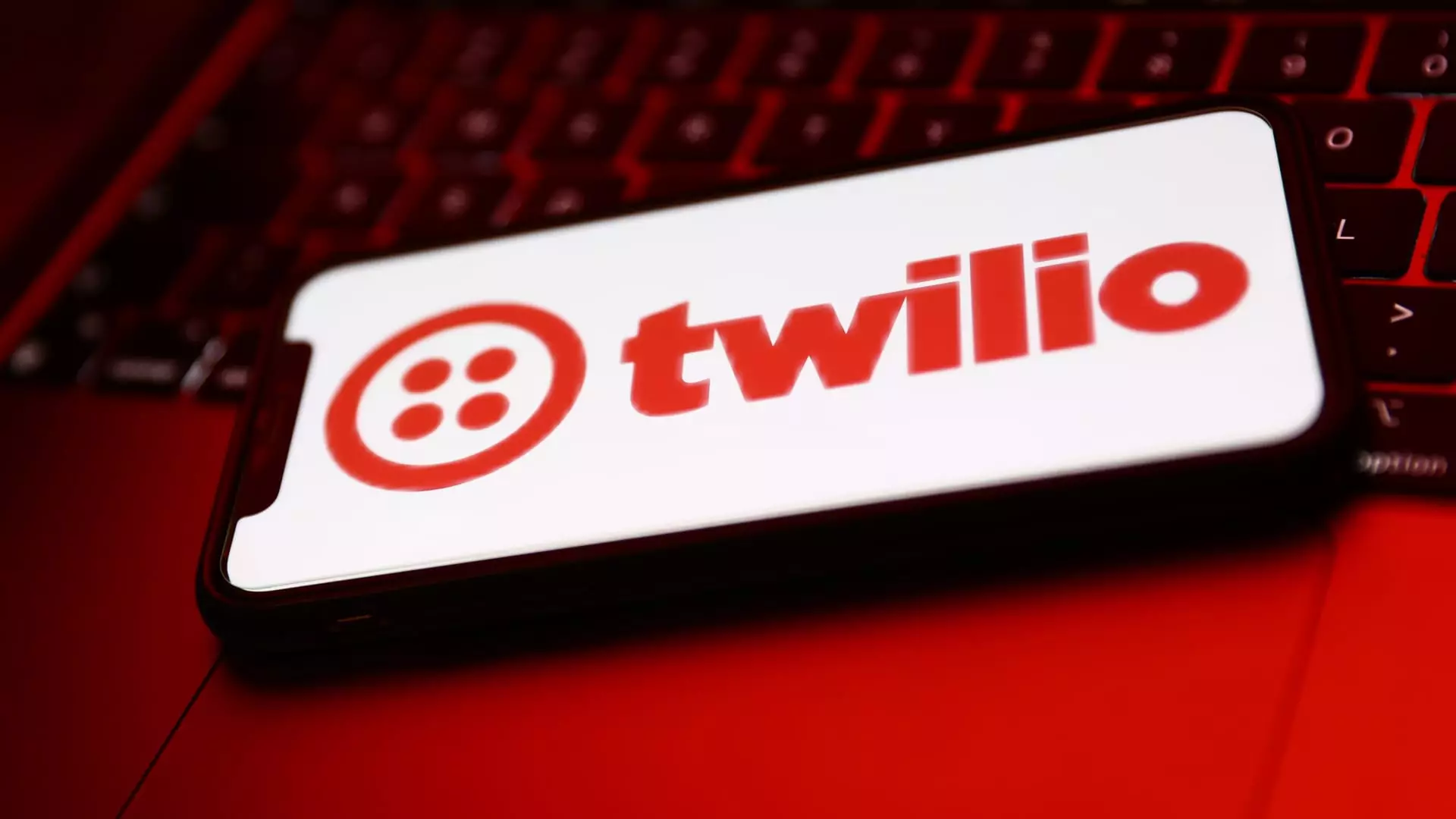Twilio, a software and communications solutions company, has recently come under the scrutiny of activist investor Sachem Head. Founded by Scott Ferguson in 2013, Sachem Head has a history of solid value investing but truly found its activist stride in 2020 with its investment in Olin. Now, with a 1.81% ownership stake in Twilio, Sachem Head has entered into an agreement for Andy J. Stafman, a partner at the firm, to join Twilio’s board of directors. This move signifies a commitment to drive change and create value within the company.
A Company in Transition
Twilio, which operates a cloud communications platform, consists of two main business units: Communications and Segment. While Communications accounts for approximately 90% of revenue, Segment makes up the remaining 10%. As a leader in communications infrastructure, Twilio provides messaging, voice, and email solutions to its customers. However, the company has faced challenges in recent years as its hyper-growth phase has started to slow down.
Despite growing revenue, profitability has been a persistent issue for Twilio. The company has never come close to turning a profit, which has made it less attractive to investors looking for a return. One of the key drivers of this profitability challenge has been the high level of stock-based compensation that Twilio pays out, leading to operating losses and an increase in the company’s share count over the years.
A Change in Leadership
In an effort to address these challenges, Twilio made significant changes in its leadership team. Co-founder and former CEO Jeff Lawson resigned in January 2024 and was replaced by former CFO and COO Khozema Shipchandler. This transition was aimed at bringing a more financially minded executive to the helm to rein in expenses and steer the company towards profitability.
The involvement of activist investors like Sachem Head has further pushed Twilio towards implementing changes to improve its financial performance. With promises to reduce stock-based compensation, right-size costs within its underperforming Segment business, and focus on margin improvement, Twilio is poised to make significant strides under the guidance of the activist investor.
Future Outlook
As Twilio works towards enhancing its profitability and driving margin expansion, there is optimism about the company’s future prospects. With industry growth rates projected to be in the mid- to high-teens, Twilio, as a market leader, is expected to be at the forefront of this growth. The collaboration between activist investors and management bodes well for the company’s potential to achieve its financial goals and drive top-line growth.
Twilio’s journey under activist scrutiny signifies a pivotal moment in the company’s evolution. With a renewed focus on profitability, cost reduction, and margin improvement, Twilio is positioned to navigate the challenges ahead and emerge as a stronger and more sustainable business in the long run.

